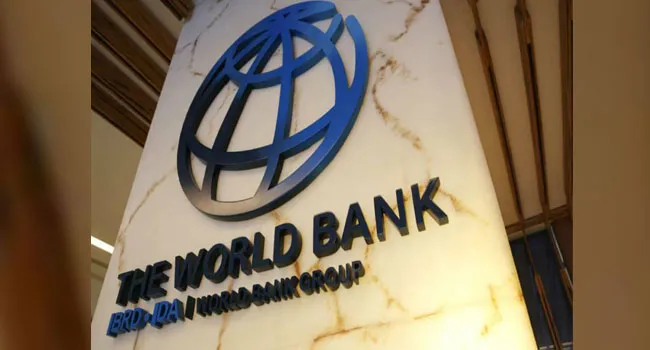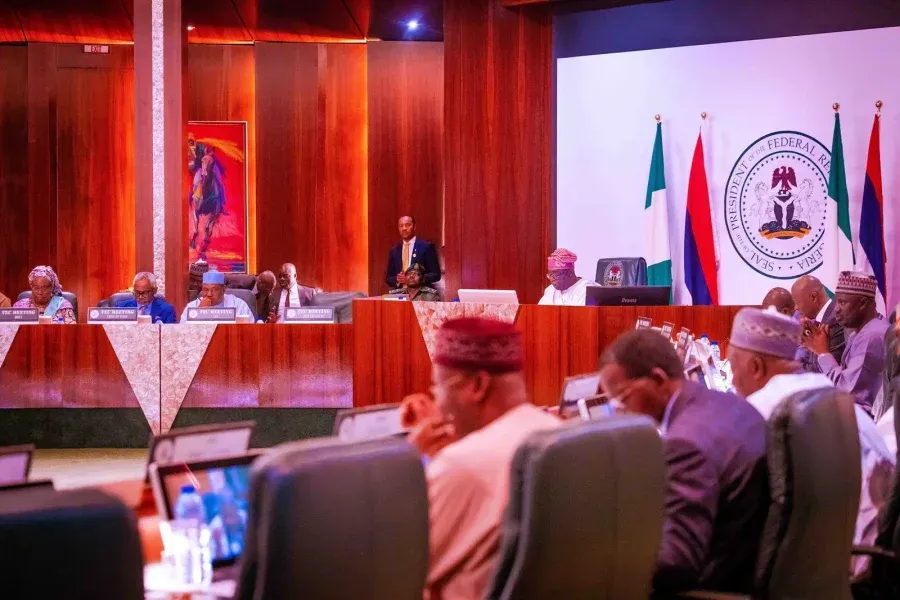Labour Party’s presidential candidate, Peter Obi, has called upon the Federal Government to rectify the inconsistencies in duty charges imposed by the Nigeria Customs Service, expressing concerns over its adverse impact on the nation’s business environment.
In a statement shared on his verified social media handle, Obi highlighted the detrimental effects of fluctuating duty charges on the overall business climate. He cautioned that if left unaddressed, such inconsistencies could drive importers to seek alternative ports in neighboring countries, leading to decreased productivity in Nigerian ports and exacerbating economic challenges through revenue loss.
Obi emphasized the urgent need for the government to halt arbitrary increases in customs duties, stressing that such actions contribute to rising costs of goods and services, ultimately fueling inflation and hindering economic stability.
He pointed out the significant challenges faced by importers when duty charges are calculated based on differing exchange rates from those used during the initiation of importation processes. This discrepancy, according to Obi, not only poses financial burdens on businesses but also heightens the risk of closure and job losses.
Furthermore, Obi underscored the importance of policy consistency in fostering economic predictability and facilitating business planning. He emphasized the detrimental impact of inconsistent government policies on local businesses and manufacturers, resulting in closures and economic downturns.
Obi urged the government to prioritize supporting businesses, particularly those in the manufacturing sector, to sustain economic growth. He emphasized the pivotal role of small businesses in driving economic development and underscored the need to strike a balance between customs revenues and the survival of local enterprises, employment generation, and maintaining a reasonable cost of living.
In conclusion, Obi reiterated the necessity for the government to address customs duty inconsistencies promptly, emphasizing the critical importance of fostering a conducive business environment for sustained economic prosperity.





